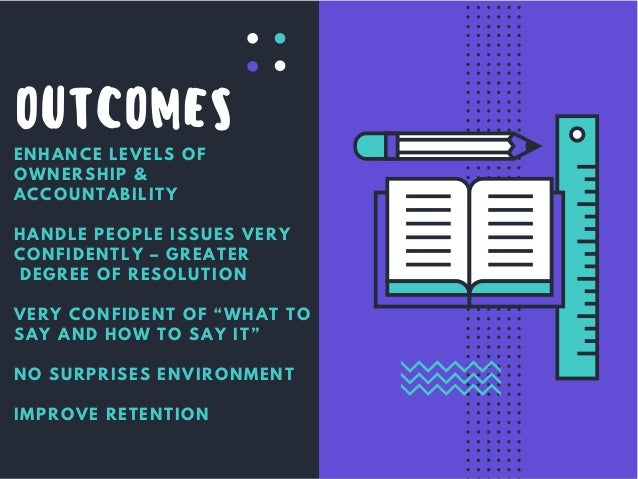
Managers with leadership skills are always self-aware. Tip: A competency model will also help you identify exceptional employees fit to be managers within your organization. You can create a leadership competency model to outline the required managerial skills based on company objectives. Creative thinking helps them make snap decisions after weighing all pros and cons to complete business tasks and goals. New managers also need creative thinking skills to brainstorm innovative solutions that minimize any adverse effects on the business. To do so, they must pay attention to detail and stay focused when problems arise to keep their team productive and streamline workflows.

Managers regularly spot and solve problems. Problem-solving and sound decision-making Managers have to prioritize tasks and set reasonable expectations for team members to accomplish objectives, even when they have limited resources. Managers inspire and motivate team members to work together toward a shared goal, ensuring all company projects meet their deadlines. Project management is also a critical skill impacting all areas of a manager's role. If the manager can build trust, they can create a more committed team. They should notice irregularities and take corrective measures through healthy discussions and empathy.Īnother critical aspect of team building is building trust between members-and the manager. New managers need to know effective ways to ensure team cohesion and collaboration. But if the members start leaving others behind to focus on individual objectives, the team will most likely fail. Team buildingĬompetition between team members can be healthy and stimulating. Trusting employees to complete their tasks on time is also essential when delegating duties. Managers need to know each team member's weaknesses and strengths and assign duties accordingly to complete the big-picture goal. That's where delegation comes into the picture. Managers are responsible for ensuring their team or department achieves their goals, but they can't if they try to do everything alone. This skill is also necessary to make team members feel valued and to motivate them to produce high-quality work consistently. That's why being able to communicate needs effectively is essential. This includes giving employees constructive feedback, navigating conflict, and negotiating. If you invest time in creating and delivering new manager training programs, your employees will be ready for the challenges they are likely to face and equipped with the skills they'll need when doing their job.Ī manager has to handle difficult conversations and approach employees and leaders constructively. This simple move inspires loyalty, encouraging them to continue working under someone who appreciates their work.


Additionally, managers account for 70% of the variance in employee engagement scores, which could explain why only a third of employees in the U.S.

Gallup found only 1 in 10 people "possess the talent to manage." With 26% of managers admitting they weren't ready to become leaders when they first started managing others, it's clear that getting the right training is necessary to improve. Being the ones in the driving seat, managers have a huge impact on their team: They plan and organize. But this doesn't guarantee they have what it takes to fulfill their new responsibilities and tasks. You promoted an employee to a management role because they were good at what they did in their past function. ❓ Why should you give new managers dedicated training?


 0 kommentar(er)
0 kommentar(er)
